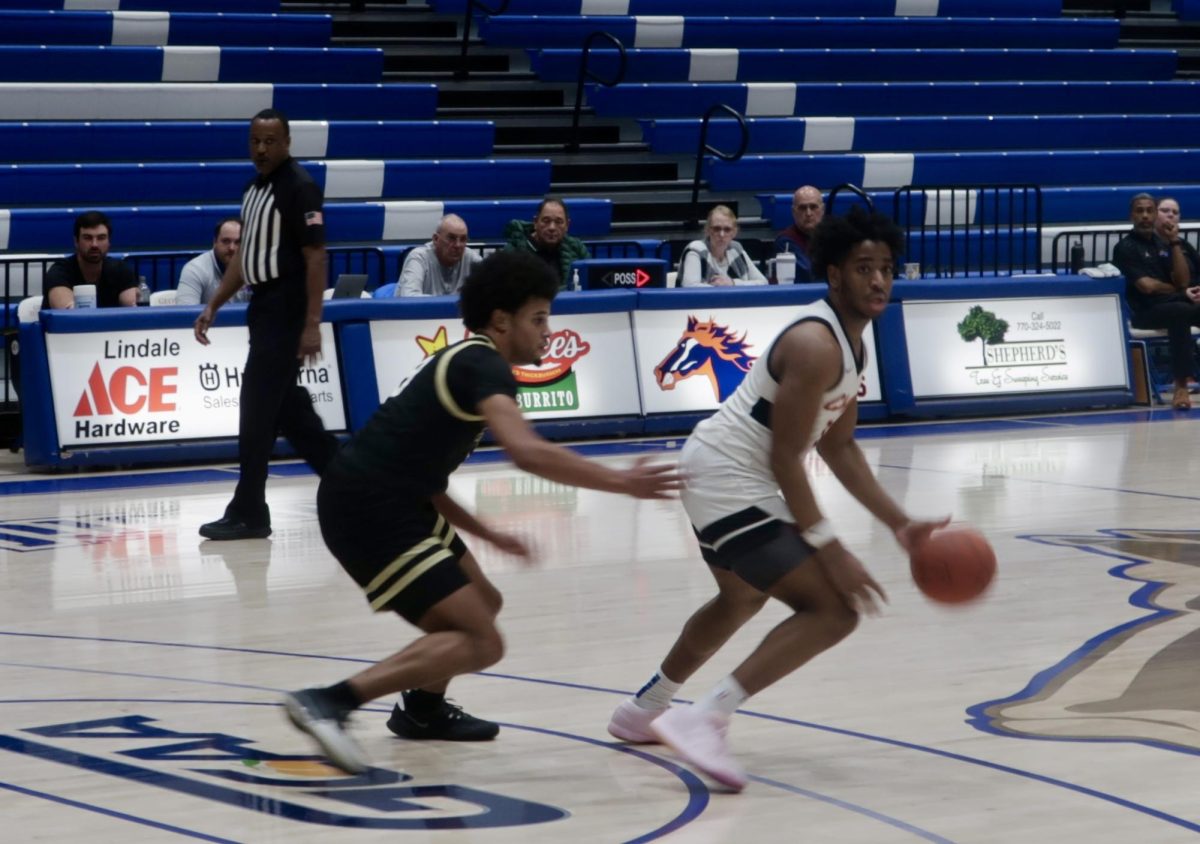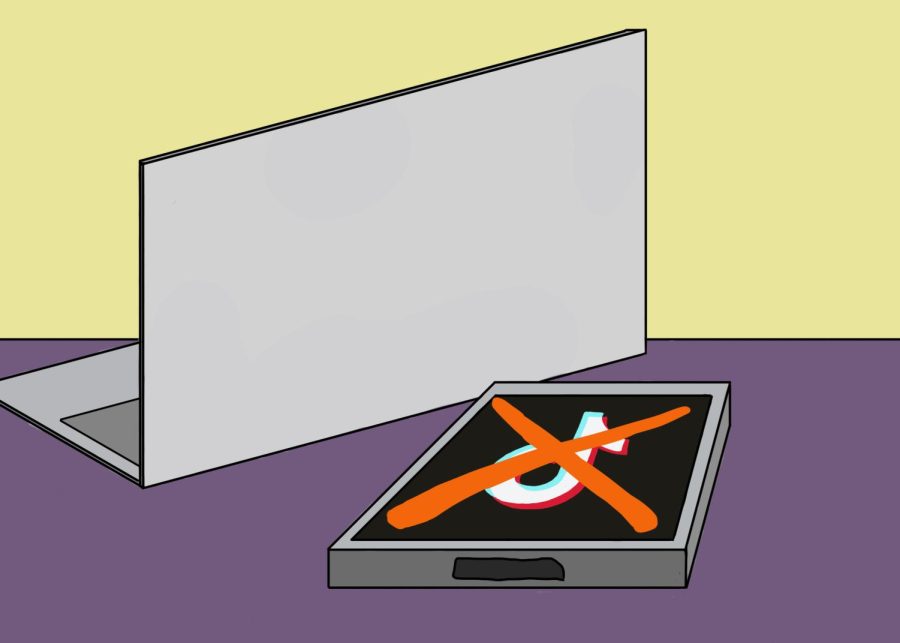Social media ban affects student productivity
The USG is following Gov. Brian Kemp’s lead in banning social media apps like TikTok from state-owned devices. The move is for protection against possible Chinese interference, but it could also hinder students’ productivity at college.
February 20, 2023
The USG system is banning the use of TikTok, Telegram and WeChat on the system-owned devices of its 26 universities and colleges. This ban comes after Gov. Brian Kemp banned TikTok on state-owned computers.
System-owned devices account for computers and phones used by schools for several reasons, such as schoolwork in libraries and for outreach and advertising.
“From a library perspective, we can’t use TikTok as an outreach tool anymore, but there are lots of other options like YouTube, Facebook and Twitter,” Julius Fleschner, dean of libraries and college testing, said.
Restricting the use of these social media platforms does not guarantee a boost in student productivity. Students who complete their work on school-owned devices may engage in conversations on apps like Telegram and WeChat as an escape while working.
The ban of these platforms will force students to engage on their personal devices, but this may be a distraction for some.
The negative impact social media has on college students’ memory has been proven in a behavioral study titled, “Social media use while listening to new material negatively affects short-term memory in college students.”
The study found that electronic devices present in the classroom are distracting to all students, not just the ones using them. Conversely, it says that using electronics can enrich the learning environment depending on what the student is using the devices for.
This means students using social media and entertainment apps are bound to be distracted, but students using devices as learning aids will be academically enhanced.
According to NPR, the reason for this ban is because “the Chinese government could potentially use the popular video-sharing app to influence American users or control their devices.”
“The core concern is that these social media companies have ties to the Chinese government and their respective apps could be used for surveillance, data harvesting and disinformation campaigns against US citizens,” Ian Fleming, chief information security officer, said.
GHC has no ban imposed on students accessing these platforms on their personal devices while connected to the school network. However, discretion should be used to protect your own privacy.







































































